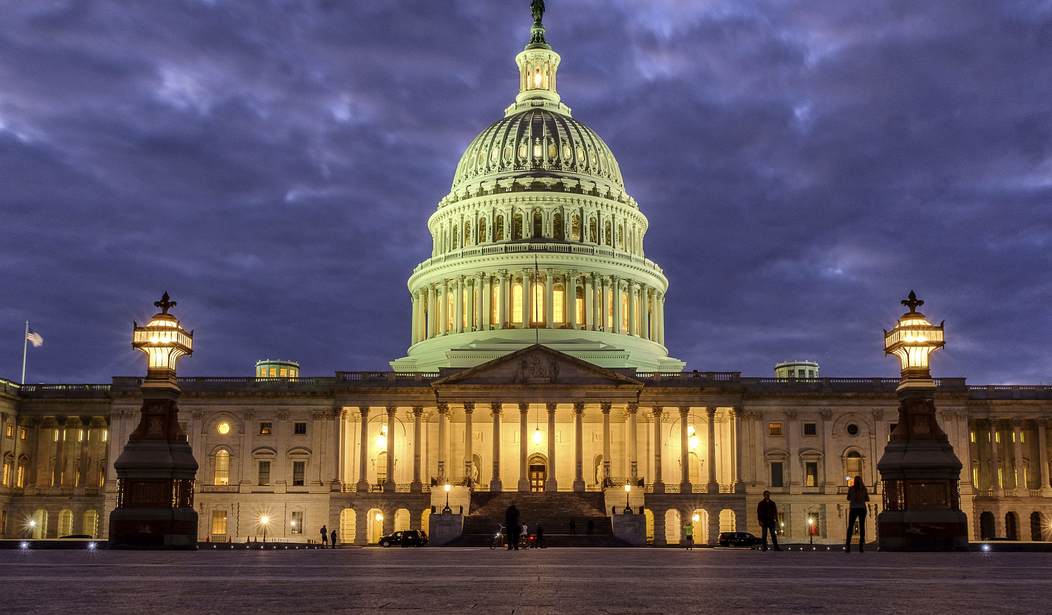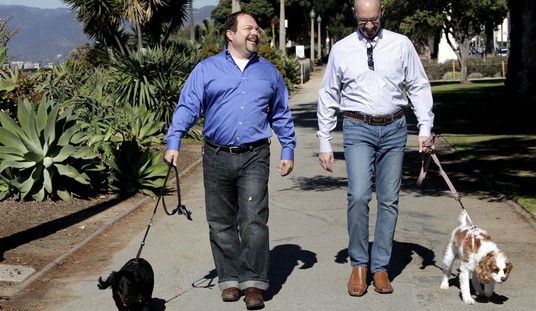President Joe Biden and House Speaker Kevin McCarthy were supposed to meet once more on Friday for negotiations on raising the debt ceiling, though the meeting has been delayed, likely until early next week. The two leaders had previously met on Tuesday, along with House Minority Leader Hakeem Jeffries (D-NY), Senate Majority Leader Chuck Schumer (D-NY), and Senate Minority Leader Mitch McConnell (R-KY), and had agreed to meet again while their staffs continued to work together in the meantime. McCarthy, in his remarks to the press that night, reiterated that both sides stuck to their positions and that he had seen "no new movement." That being said, there have been some steps in the right direction, as Biden has appeared to move on from demanding a clean debt ceiling increase. The president is also now open to skipping his G7 trip to Japan next week.
Just finished meeting at the White House. My position is clear and reasonable—House Republicans have done their job to avoid a default and responsibly raise the debt limit. Democrats must now do the same. https://t.co/AkR3DoagD9
— Kevin McCarthy (@SpeakerMcCarthy) May 9, 2023
These updates come after polling shows that the American people are very much on the Republicans' side.
Mr. President, stop lying.
— Rep. Anthony D’Esposito (@RepDesposito) May 12, 2023
.@HouseGOP passed the Limit, Save, Grow Act to address America’s debt limit and you refuse to negotiate in good faith with @SpeakerMcCarthy.
The American People know who is really fighting for them. It’s House Republicans. https://t.co/lFcUickypD
Late last month, the Senate Opportunity Fund conducted polling on the mood of the country, feelings toward Biden, as well as specific issues and which party respondents trusted more on that said issue. The only issues where Democrats fared better than Republicans were concerning "schools," and it was still a statistical tie, in that 43 percent trusted Democrats more, while 42 percent trusted Republicans more. Other issues polled included crime (50-36 percent preference for Republicans), inflation (50-35 percent support for Republicans), border security (53-32 percent preference for Republicans), and jobs (45-41 percent preference for Republicans).
It's worth highlighting that Republicans enjoyed more support than Democrats on the issue of "spending," and by double digits. Almost half of respondents, 49 percent, trust Republicans more, while 35 percent trust Democrats more. For those respondents who identify as "moderates," 42 percent trust Republicans more, compared to 33 percent who trust Democrats more.
This is a helpful segue into another section of the poll, "Economy and Debt," which focuses considerably on the debt ceiling negotiations. An overwhelming majority of respondents are aware of the debt limit, and 78 percent have heard "a lot" or "some" when it comes to "the U.S. reaching its debt limit." That includes the 35 percent who say they've heard "a lot."
Recommended
When told about the GOP spending plan, which respondents were told in part would "cut spending by $4.5 trillion over the next ten years," 62 percent said they would support the plan, including 28 percent who said they would do so strongly. Not only do a majority of conservatives (80 percent) and moderates (53 percent) support the plan, but a significant 41 percent of liberal respondents do, compared to 43 percent of such respondents who do not.
One particular area of the plan that enjoys strong support among all political ideologies is "Returning still unspent COVID relief money to the U.S. Treasury." Seventy-five percent of respondents support this idea, which includes 65 percent of liberals, 71 percent of moderates, and 86 percent of conservatives.
McCarthy, who expressed in his Tuesday remarks that he would have liked to see bipartisan action on coming up with the plan, he did implement ideas from Democrats, including one from Joe Biden from when he was a senator.
That idea has to do with the "Implement stringent work requirements for federal welfare programs." Two-thirds say they support such a proposal, including a plurality of 39 percent who say they do so "strongly." By political ideology breakdown, a plurality of liberals at 49 percent support the proposal, and majorities of moderates (62 percent) and conservatives (81 percent) support it as well.
For all that the White House and many – but not all – Democrats have decried and misled on the House Republicans' plan to raise the debt ceiling while cutting spending, it's worth emphasizing that such a plan returns to FY 2022 spending, something Democrats were all too happy to praise at the time. The poll shows strong support for that, too, and among all political ideologies.
Overall, 63 percent support returning to 2022 spending levels, which includes 55 percent of liberals, 56 percent of moderates, and 75 percent of conservatives.
Respondents were also asked about the electric vehicle (EV) mandate that the Biden administration has proposed as part of its radical climate change agenda. At least 54 percent of new vehicles sold would need to be electric by 2030, while up to 67 percent may need to be electric by 2032. The auto industry agreed to a 50 percent figure of EVs not too long ago, in 2021.
"When it comes to Biden's electric car mandate, Americans don't want it, can't afford it, and don't think it's the solution to climate change," is a statement respondents were read – a whopping 74 percent agreed. This includes almost two-thirds of liberal (63 percent) and moderate (65 percent) respondents, as well as 89 percent of conservative respondents.
The poll was conducted April 25-April 27, with 800 likely voters with a margin of error of plus or minus 3.5 percent.
The 501(c)(4) tweeted out a clever short video not only highlighting support from the American people for the plan but mocking the freakout among Democratic leadership, including the president.
🚨🚨62% of the public support the GOP spending plan!!
— Senate Opportunity Fund (@SenOppFund) May 9, 2023
The Dem group chat is…🤯 pic.twitter.com/GhUqq4ixjF

























